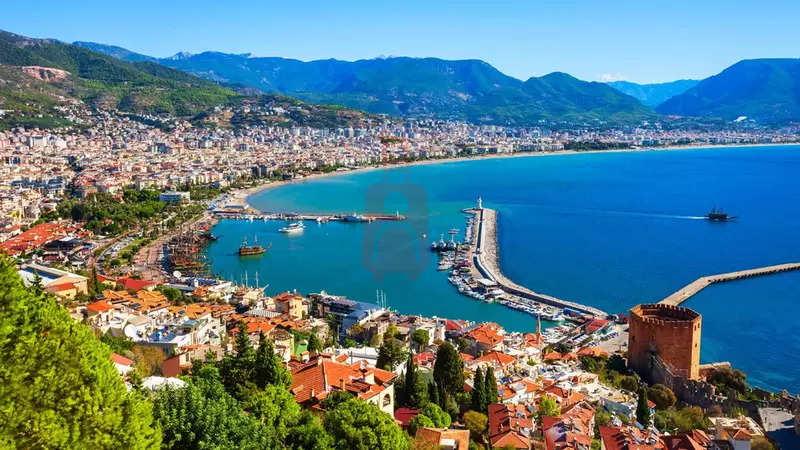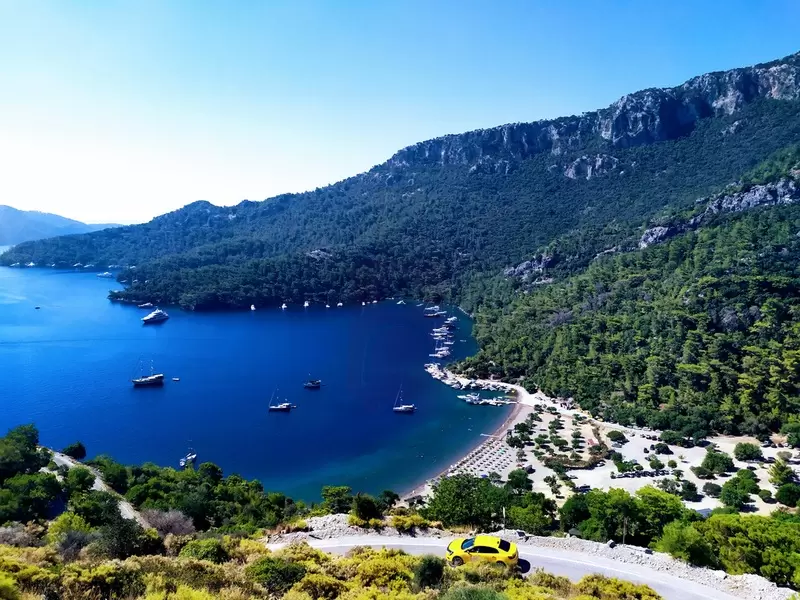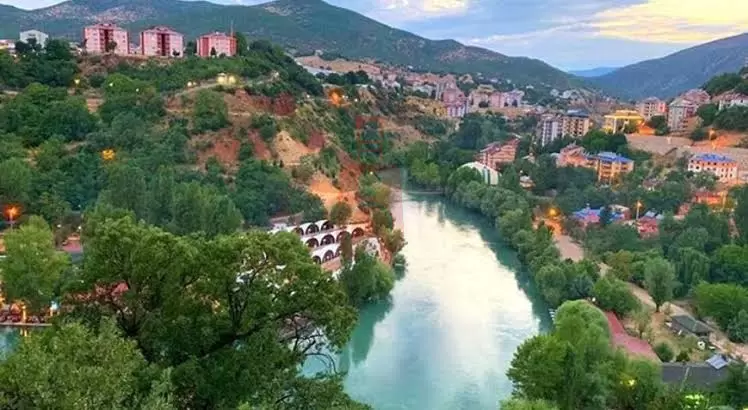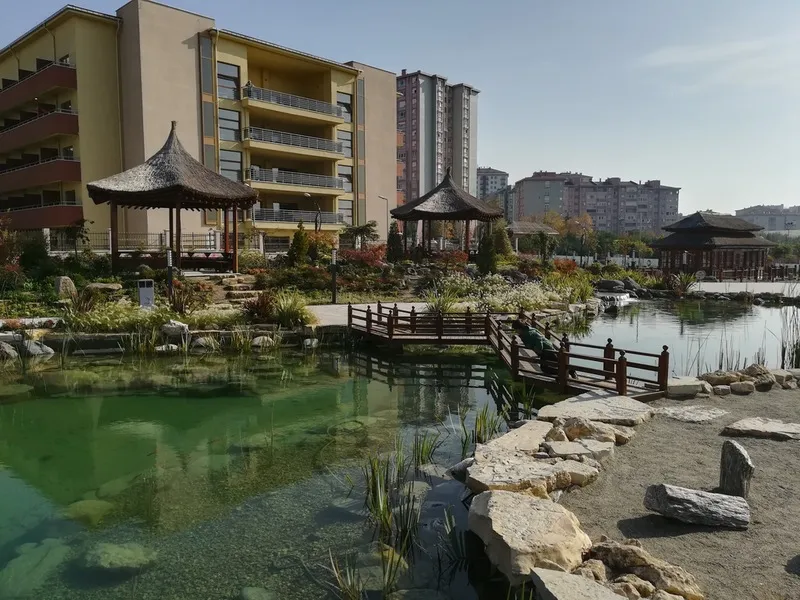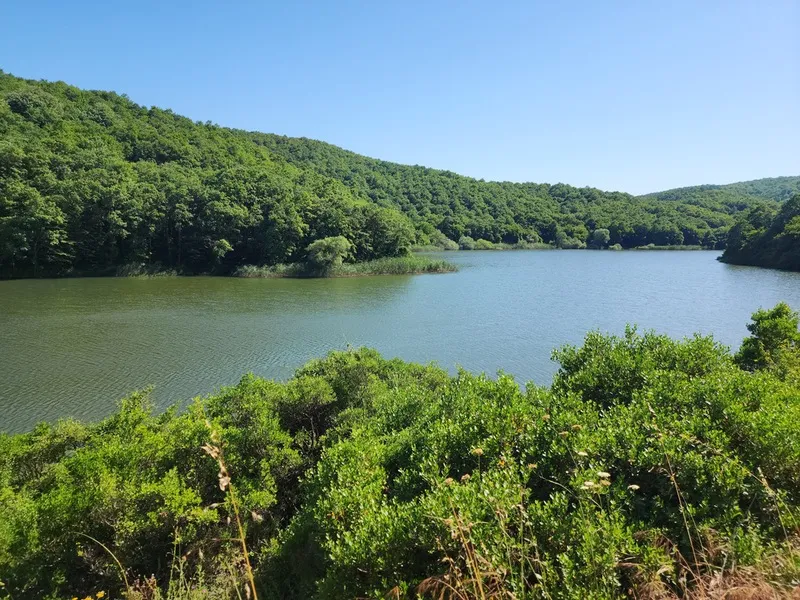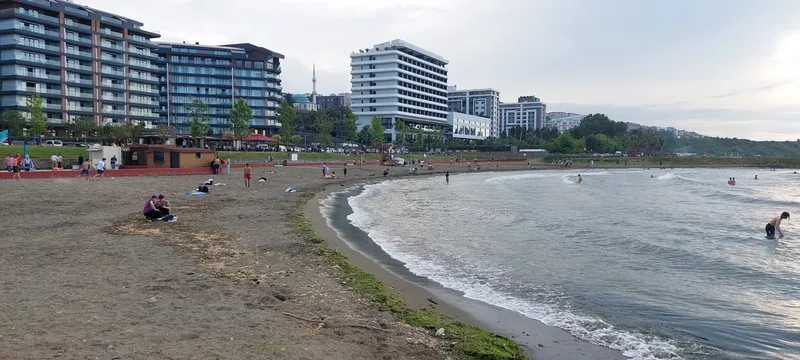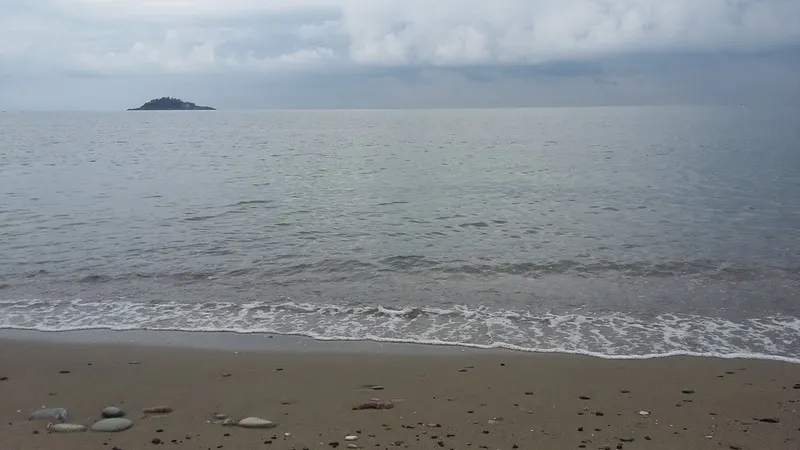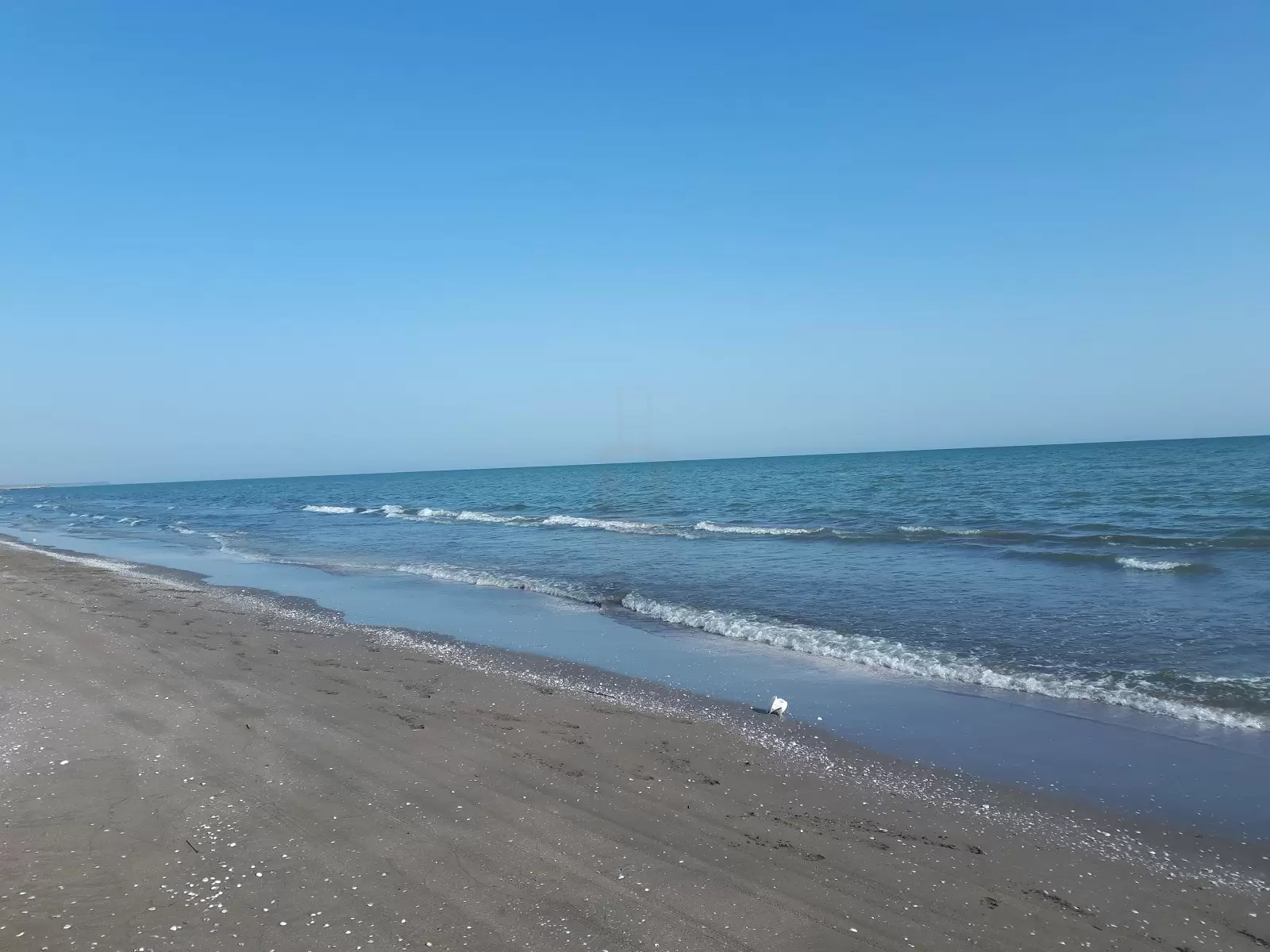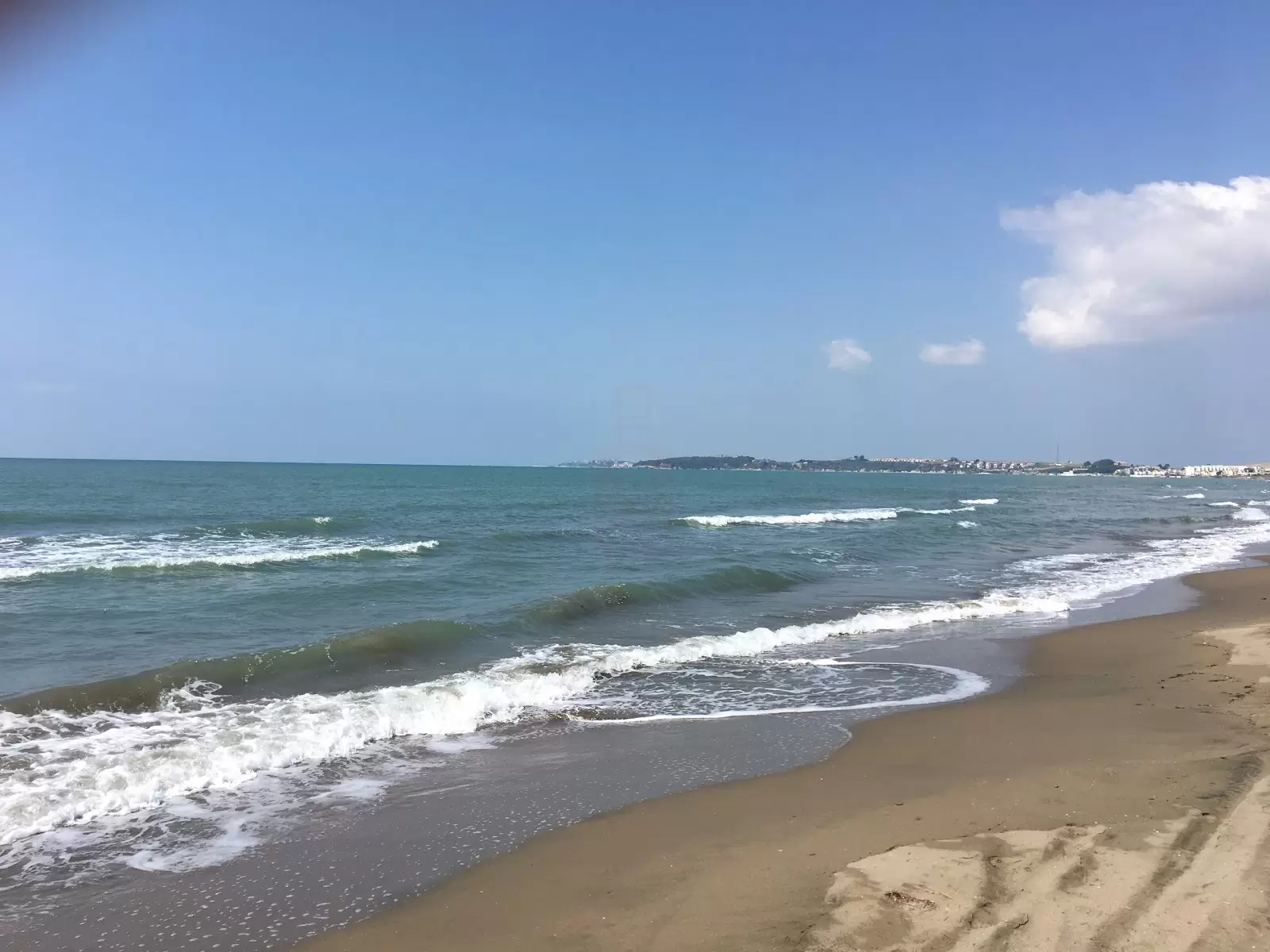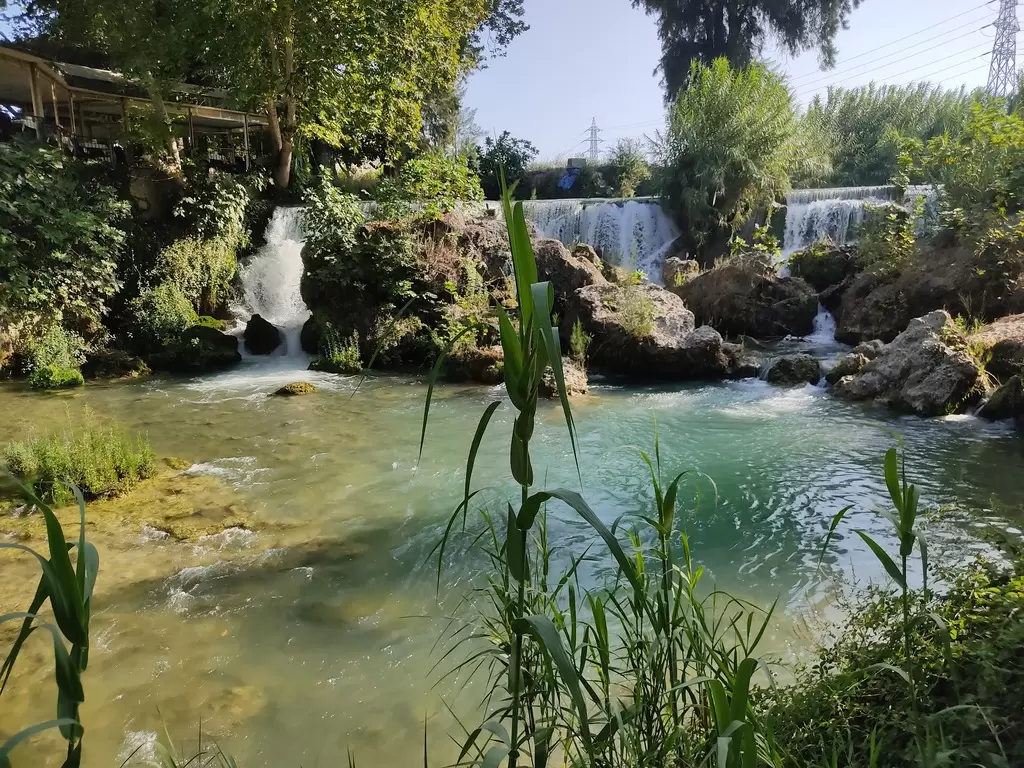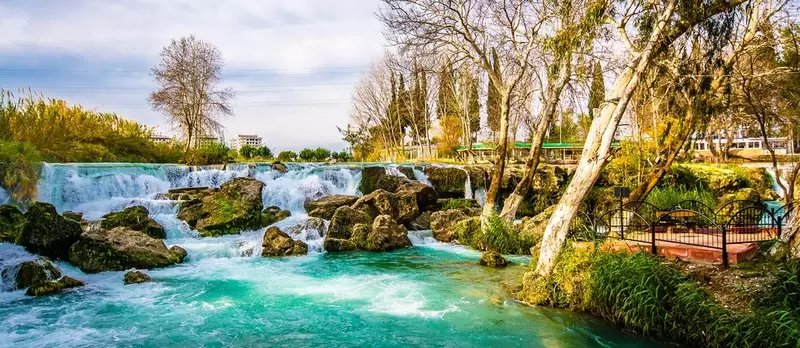
Tarsus is a historic city located in the Mersin Province of southern Turkey. Known as the birthplace of Saint Paul and a city of immense historical significance, Tarsus has been a cultural and commercial hub for thousands of years. With its rich tapestry of ancient monuments, religious landmarks, and natural beauty, Tarsus offers an intriguing blend of the past and present. Its strategic location between Mersin and Adana, along with its proximity to the Mediterranean coast, makes Tarsus an ideal destination for travelers interested in history, culture, and nature.
Location
Tarsus is situated about 25 kilometers east of Mersin city and 40 kilometers west of Adana, making it easily accessible from both cities. The town lies on the fertile plains of the Cilicia region, near the Tarsus River, which flows into the Mediterranean Sea. Tarsus’ location has made it a strategic and important city throughout history, serving as a key stop along the ancient trade routes between the East and the West. Its location today provides visitors with easy access to both the Mediterranean coastline and the inland attractions of southern Turkey.
Facilities
Tarsus offers a variety of accommodation options, ranging from modern hotels to traditional guesthouses. Many of the hotels are centrally located, offering easy access to the city’s main historical sites and markets. For those looking for a more authentic experience, several small family-run guesthouses provide a warm, local atmosphere. These accommodations are generally affordable, offering comfortable stays for both budget-conscious and more upscale travelers.
The city is also known for its restaurants and cafes, which serve a wide variety of Turkish and Mediterranean dishes. Tarsus is famous for its hummus, which is prepared with a local twist and is a must-try for visitors. Other regional specialties include tantuni (a type of spiced meat wrap) and fellah köftesi (bulgur balls with a spicy tomato sauce). Many local eateries are located in the city center, near the historic sites, making it convenient to combine sightseeing with sampling the local cuisine.
For those who enjoy shopping, Tarsus offers various markets and bazaars where visitors can buy fresh produce, spices, textiles, and local crafts. The Tarsus Grand Bazaar is a great place to experience the bustling local life and purchase souvenirs. Here, visitors can find everything from handmade carpets to copperware and ceramics, reflecting the rich cultural heritage of the region.
Water Sports and Outdoor Activities
While Tarsus is not directly located on the coast, its proximity to the Mediterranean Sea means visitors can easily access nearby beaches and enjoy a range of water sports. The closest beach is in Mersin, just a short drive from Tarsus, where visitors can swim, sunbathe, or take part in activities such as jet skiing, snorkeling, and boating. The clear waters of the Mediterranean are perfect for swimming during the summer months, and several beachfront resorts offer equipment rentals and guided water sports activities.
For those who prefer freshwater activities, the Tarsus River offers a scenic setting for picnicking and fishing. The river flows through the city, passing by several parks, including the area near the Tarsus Waterfall, one of the city's most popular natural attractions. While swimming is not permitted directly in the waterfall area, the site is ideal for enjoying the beauty of nature and relaxing by the water.
Nearby Attractions
Tarsus is a city steeped in history, with many significant historical and religious attractions. One of the most famous sites is St. Paul's Well, believed to be the home of Saint Paul, one of Christianity’s most important figures. Visitors can explore the well and its surroundings, which have been preserved as a pilgrimage site. Nearby, the Church of St. Paul also commemorates the apostle’s life and legacy.
Another important landmark is Cleopatra’s Gate, which dates back to the Roman period. According to legend, this is where Cleopatra met with Mark Antony during her visit to Tarsus. The gate is one of the few remaining structures from the city’s ancient walls and provides a glimpse into the grandeur of Tarsus during the Roman era.
The Ancient Roman Road is another must-see historical site in Tarsus. This well-preserved road dates back to the Roman Empire and offers a fascinating look at the engineering and infrastructure of the ancient world. Walking along the road, visitors can imagine the busy life of Tarsus as a major Roman city.
For those interested in nature, the Tarsus Waterfall is a popular spot for both locals and tourists. Located just outside the city center, the waterfall is a picturesque location where the Tarsus River cascades over rocks into a serene pool below. The surrounding park is well-maintained, with walking paths and picnic areas, making it an ideal place to relax and enjoy the natural beauty of the region.
Other nearby attractions include the Caves of Heaven and Hell, located about 40 kilometers west of Tarsus. These impressive natural sinkholes are steeped in mythology and offer a unique opportunity for exploration. The Cave of Heaven features a small church at its base, while the Cave of Hell is a deeper, more inaccessible chasm. The site is a popular day trip from Tarsus, offering both historical and natural sightseeing.
Accessibility
Tarsus is easily accessible by both car and public transportation, making it a convenient destination for travelers. The city is located along the D400 highway, which runs from Mersin to Adana and connects with other major cities in southern Turkey. For those traveling from Mersin, Tarsus is just a 30-minute drive, while the journey from Adana takes around 40 minutes. The O-51 motorway also provides fast and direct access to Tarsus for those coming from further afield.
Public transportation is readily available, with regular bus and minibus services operating between Tarsus, Mersin, and Adana. Buses are an affordable and convenient way to travel, and they run frequently throughout the day. Minibuses (dolmuş) provide additional transportation options, connecting Tarsus with neighboring towns and villages.
The nearest major airport is Adana Şakirpaşa Airport, located about 40 kilometers from Tarsus. From the airport, visitors can take a bus or taxi to reach the city. The drive from the airport to Tarsus takes approximately 40 minutes. Mersin’s train station also offers connections to other major cities in Turkey, making it easy for travelers to reach Tarsus by rail.
Best Time to Visit
Tarsus enjoys a typical Mediterranean climate, with hot, dry summers and mild, wet winters. The best time to visit Tarsus is during the spring (April to June) and autumn (September to November) months, when the weather is warm and pleasant, making it ideal for sightseeing and outdoor activities. During these months, temperatures generally range between 20 and 30 degrees Celsius, and the surrounding countryside is at its most vibrant.
Summer (July to August) can be quite hot, with temperatures often exceeding 35 degrees Celsius. While the heat can be intense, the town’s shaded parks, river areas, and proximity to the coast offer plenty of opportunities to cool off. Summer is also the peak tourist season, particularly for visitors interested in religious and historical tourism.
Winter (December to February) in Tarsus is mild, with temperatures rarely dropping below 10 degrees Celsius. While it may be too cool for swimming or water sports, winter is an excellent time to visit the city’s historical sites without the summer crowds. The winter rains also help keep the surrounding landscapes lush and green.
Conclusion
Tarsus is a captivating destination that offers a rich blend of history, culture, and natural beauty. As the birthplace of Saint Paul and home to numerous ancient landmarks, including Cleopatra’s Gate and the Roman Road, the city provides a deep connection to the past. Visitors can explore its historical and religious sites, relax by the Tarsus Waterfall, or enjoy the local cuisine and markets that reflect the town’s vibrant culture.
Its strategic location between Mersin and Adana makes Tarsus an easy and accessible destination for travelers seeking to experience the historical and natural attractions of southern Turkey. With its warm Mediterranean climate, fascinating history, and welcoming atmosphere, Tarsus is a must-visit for anyone interested in exploring Turkey’s rich cultural heritage. Whether you’re visiting for a day trip or staying longer to fully immerse yourself in the city’s history, Tarsus offers a rewarding and unforgettable experience.
